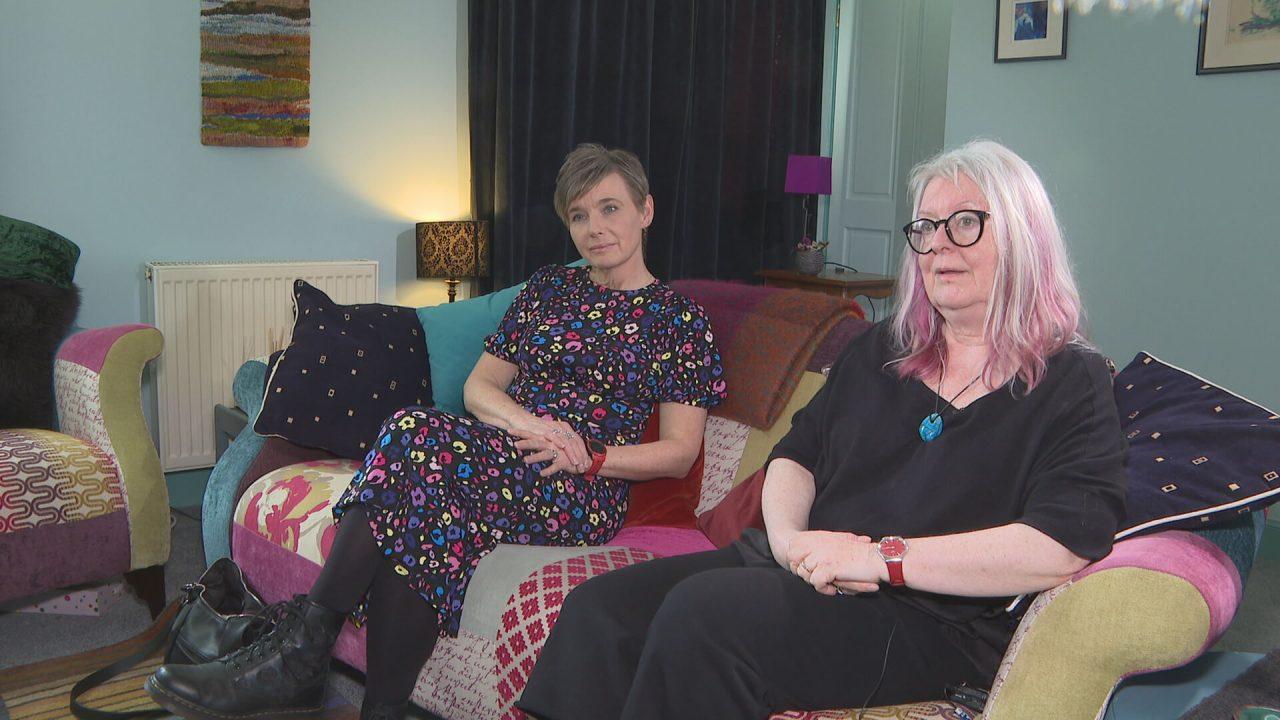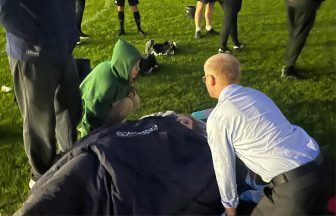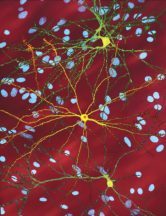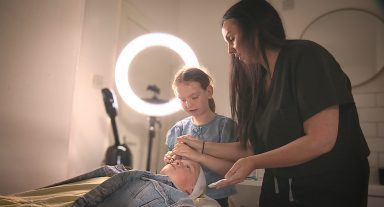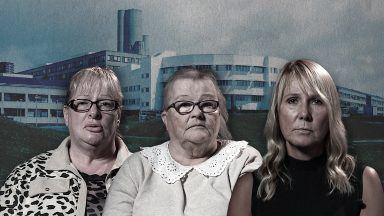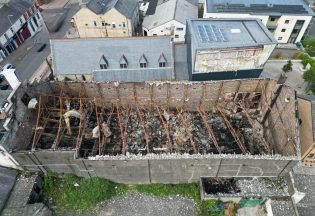People in Scotland whose rape or sexual abuse cases were dismissed due to lack of evidence are being urged to request a review of their cases following changes to corroboration rules.
Emma Bryson, Suzy Angus and Shirley Ross from the Speak Out Survivors group have been fighting for reforms to the Scots law since 2018.
All three reported childhood sexual abuse to police and were told their evidence could not be corroborated, meaning their cases wouldn’t make it to court.
The landmark ruling means evidence from two separate sources that the offence has taken place would no longer be needed. Instead, evidence that the victim was distressed afterwards, or had said something about the incident to a third party at the time, could be used to corroborate the rape allegation.
‘Corroboration has protected sex offenders’
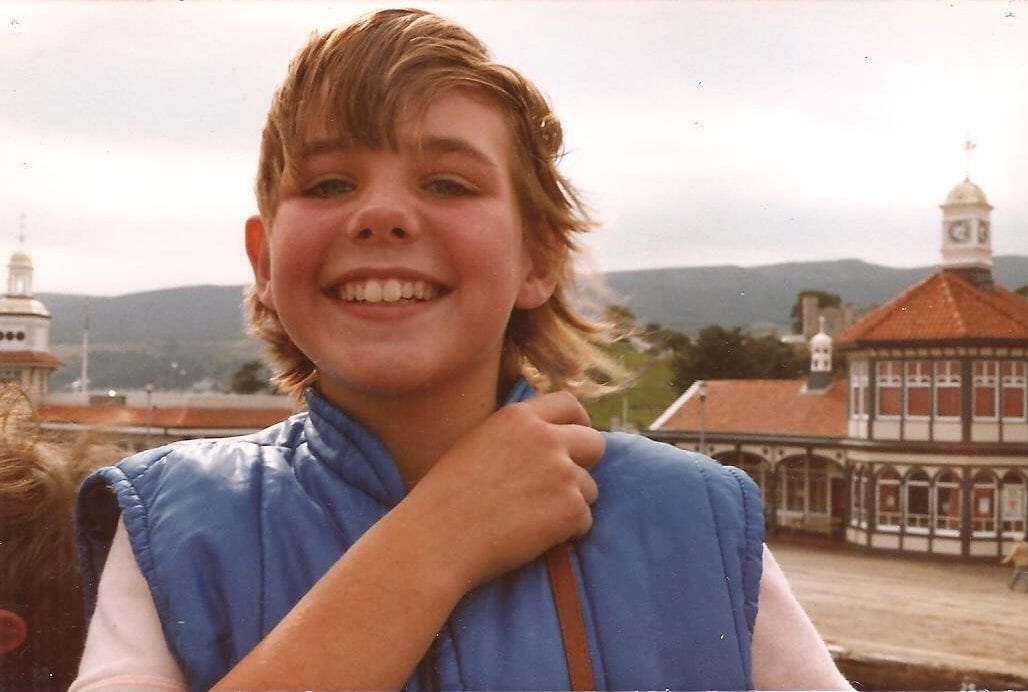 Contributed
ContributedAged just 14, Emma Bryson reported to the police she had been raped and sexually abused for years as a child.
The attacks happened while she was aged between ten and 13 but police told her they couldn’t take her case on.
After high-profile sexual abuse reports against the notorious paedophile Jimmy Savile, Emma, now an adult, decided to report once more in 2016.
This time it resulted in a year-long investigation but she was told the evidence “did not meet the requirements of corroboration” when it came to sexual penetration.
Following the changes to corroboration rules, she has been told the evidence available would “now be considered sufficient” to bring her abuser to court.
Emma told STV News: “It would have made a significant difference in my case.
“The key elements are that members of my family were aware of what happened at the time that it happened. At that time, they had seen evidence of my distress, they were aware of what happened.
“It was never really a secret. I talked about what happened to me.
“People had witnessed the distress I exhibited in the immediate aftermath, and further down the line as I got older.”
She added: “Medical records and social work records detailed what happened to me. It was always a surprise to me that when I reported to police in 2016 that none of that was sufficient.
“Only after learning what corroboration meant did I understand why my case hadn’t been taken forward.”
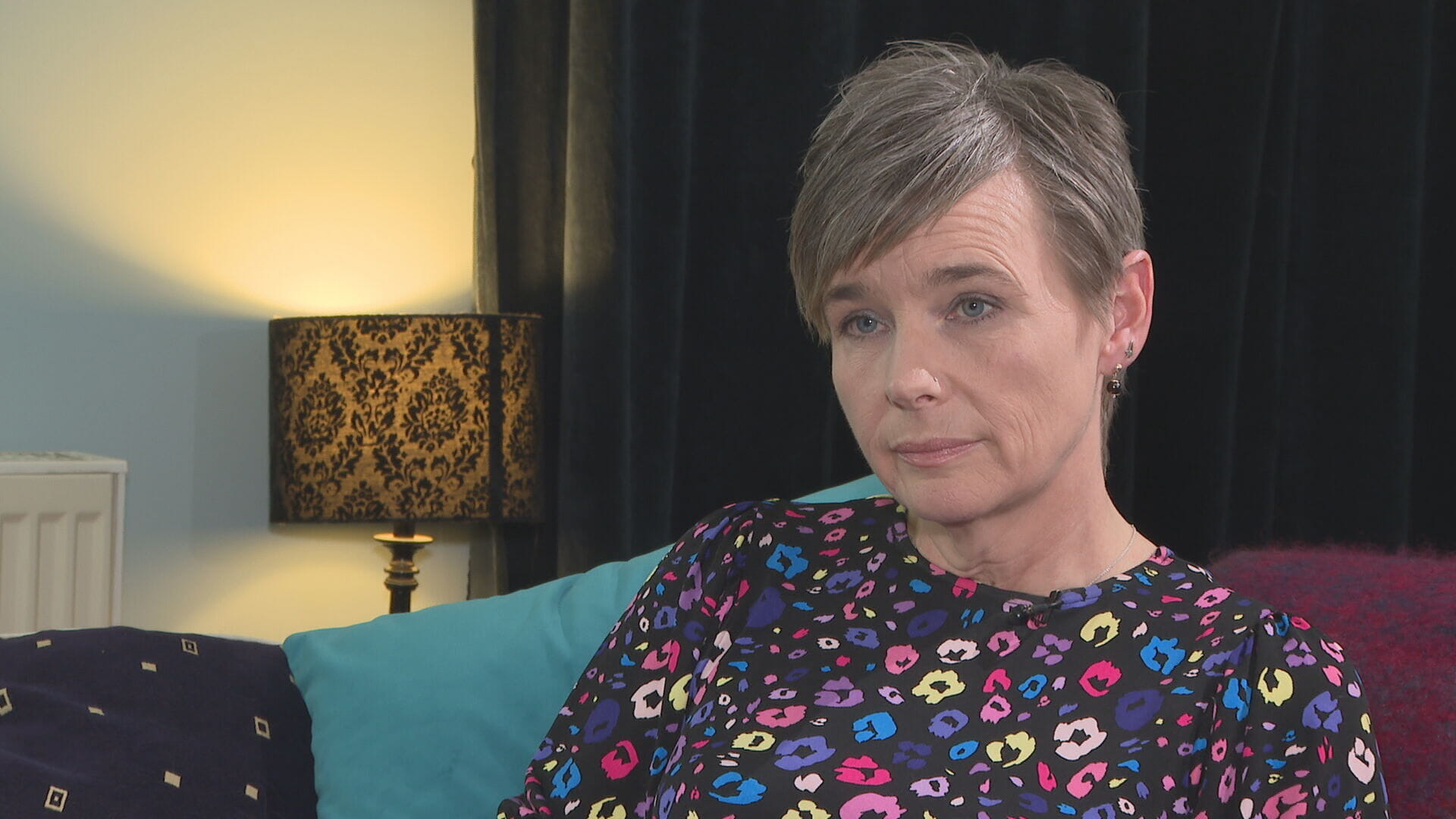 STV News
STV NewsScots law requires corroboration – two independent sources of evidence that a crime has been committed and that an accused person was responsible.
By the nature of sexual crimes verifying an allegation of a rape or assault has always been difficult and meant many reports never make it to court.
After years of campaigning from Emma and Suzy last summer the Lord Advocate – the head of Scotland’s prosecution service – asked a panel of judges to rule on how the law is interpreted.
They agreed things said by a complainer to other people in the immediate aftermath of an incident, or a third party seeing signs of distress, could corroborate an allegation of a sexual crime.
Emma said distress can also be defined as a change in behaviour, such as withdrawal or symptoms of depression or anxiety witnessed by a third party.
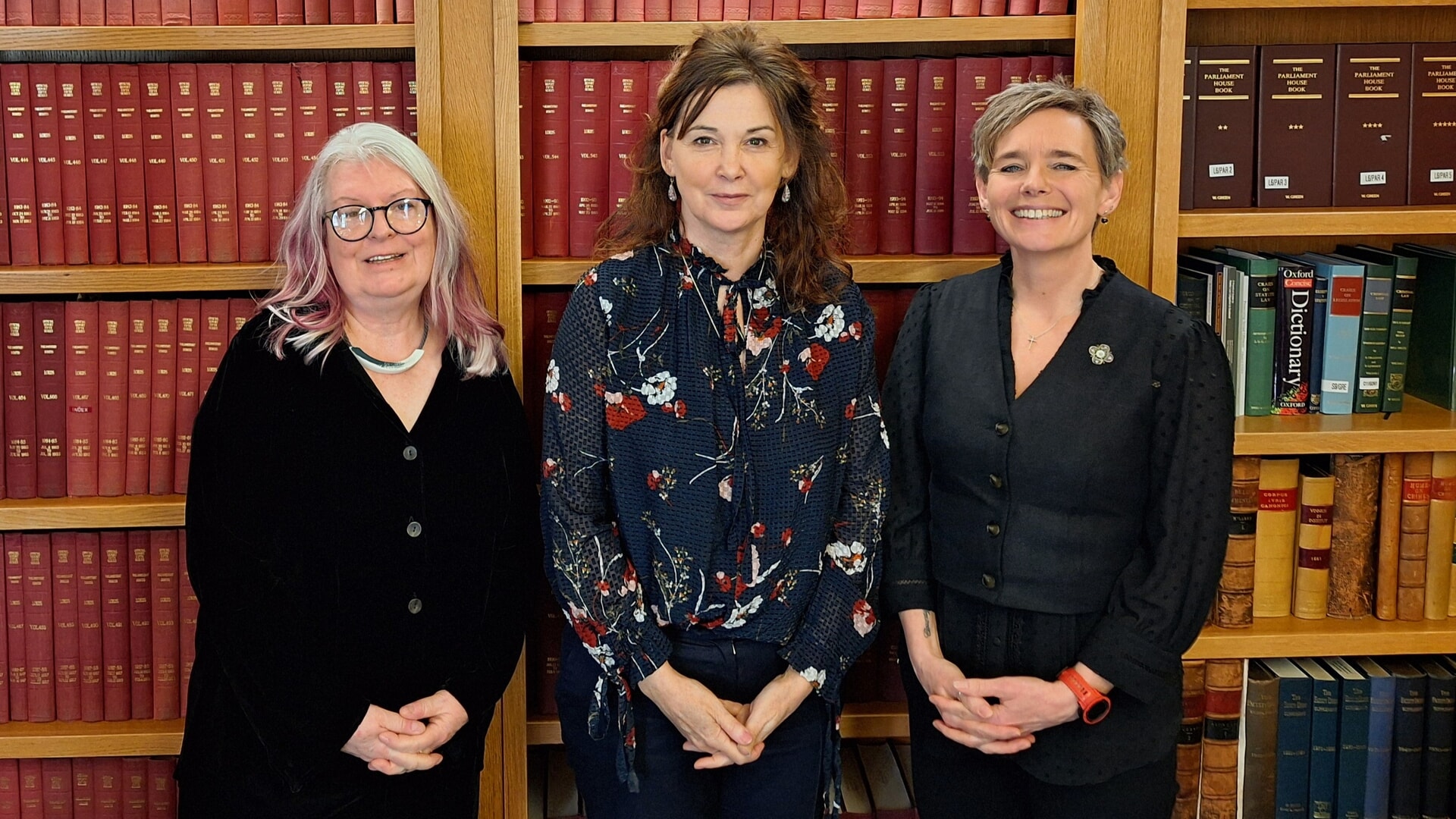 Emma Bryson
Emma Bryson“What corroboration had done effectively prevented the offender from being prosecuted,” Emma said. “Corroboration has effectively protected sex offenders.
“The Lord Advocate has reformed corroboration exactly the way it needed to be to allow more victims of sexual offences to have their cases taken forward.”
Emma’s abuser has died since she reported him to the police nearly a decade ago, meaning she would never see him brought to justice.
“On a personal level, of course I was disappointed. It’s taken me some time to come to terms with that,” she admitted.
“But I was relieved that he couldn’t hurt any more children – that was truly important to me.
“I know that the work I’ve done has made a material difference to other people like me, who now have a better chance than ever before of seeing their cases taken forward. That means a lot to me.
“I wouldn’t want anyone to have had the experience I had, Suzy or Shirley had; the sense of injustice knowing something terrible had happened, that people would be willing to come forward to speak on your behalf and imagining your chances of achieving justice – only to be told that there wasn’t a possibility.
“If you haven’t reported before, your chances are much better now. If you’ve reported previously and you think the evidence might meet the new requirements, I would encourage anybody to come forward.”
‘I was told there’s nothing they can do and I was dropped’
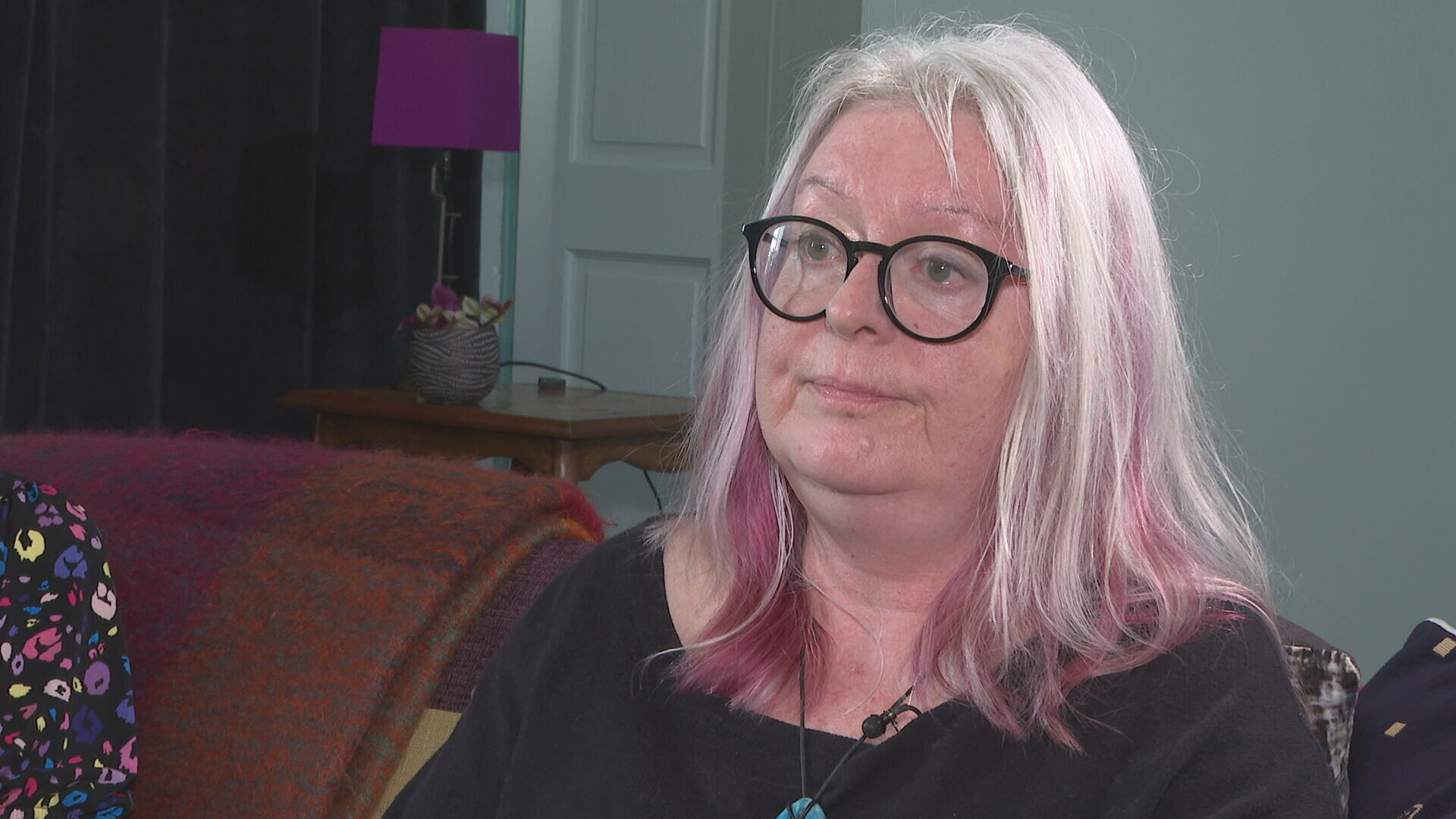 STV News
STV NewsSuzy Angus said she was raped as a child by a group of adult men. She did not report the abuse until around 40 years later.
But she was told her case had fallen apart as she had no second source to back up her allegations.
She recalled the “gruelling” process of being interviewed by uniformed officers and detectives, with one statement taking eight hours alone, only to be told her case would no longer be investigated due to insufficient evidence.
“I had no idea how it was going to affect me emotionally and physically,” she said. “It was traumatic and triggering.
“People don’t know how grueling it is actually talking about what has happened to you, but also having it read back to you. So, you’re suffering a second time. I had to go through several of these incidents, and it was very hard-going.
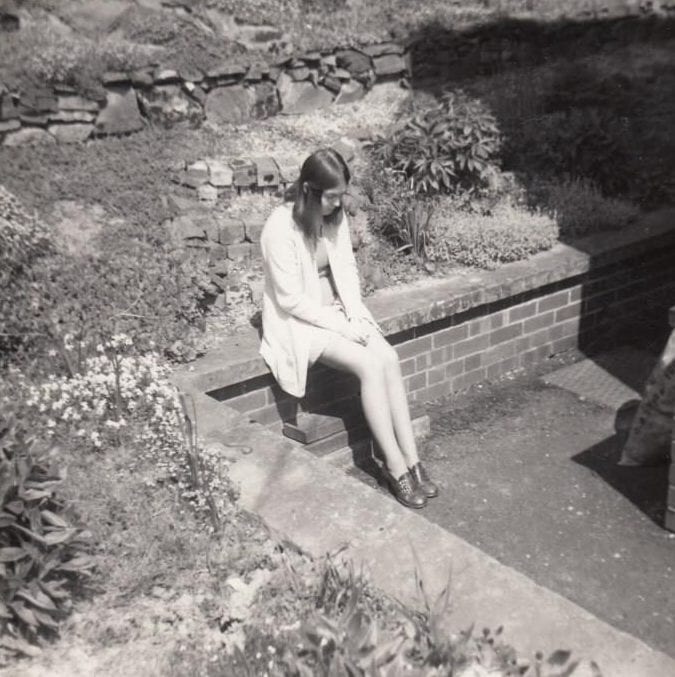 Contributed
Contributed“But thought it was worth it because I was reporting, and I thought it was important that I was heard, finally.
“I was then told, ‘Sorry, nothing is going forward because of the corroboration rule. There’s nothing we can do.’ That was it. I was just dropped.
“I didn’t know what corroboration meant, and it was not explained to me by any of the investigators.”
She sought the help of a lawyer and pursued a review of her case, concentrating on statements from members of her family.
“One of my siblings who were living in the house with me had commented that I ‘had almost changed overnight’. But it wasn’t quite sufficient because I didn’t tell anybody about anything until I was in my 60s.
“Sadly, the information there wasn’t quite enough to take it forward.
“If some of the people who had died had lived, there would’ve been charges brought in the new rulings.”
Despite her ordeal, Suzy said it has been “empowering” speaking about her abuse to her friends and using her experiences to help other survivors.
“I realised I didn’t need to feel the shame I had felt. I hadn’t done anything wrong, even though I had been doubting myself, thinking, ‘what was I like as a child? Was it my fault?’ Absolutely not. It is never your fault, no matter what age.
“I would say initially I thought I wasn’t the type of person to speak out. I thought I would keep it silent with me forever.
“You have no idea how hard it is to say, ‘I’ve been raped.’ It’s almost unbelievable. You think you’re going to be blamed, and somehow it was your fault.
“But once you take a step forward, there are people here who will believe what you’re saying is the truth.”
Suzy said she hopes the changes will encourage more survivors to report their abuse to police.
“We want to send all our love and support to anybody thinking about it. Please come forward. Even if it was last month, last year or 50 years ago. There is now a better chance of being heard.
“We know how hard it is – we’ve been through it ourselves. But we believe you.”
A spokesperson for the Crown Office and Procurator Fiscal Service said: “To secure a rape conviction, prosecutors need two sources of evidence to prove that the person on trial was the perpetrator, that the physical act took place and that there was no consent.
“Last year, the Lord Advocate asked a bench of nine judges to look again at a ruling from 1937 and find that the law had taken a wrong turn.”
They added: “The Court agreed with the Lord Advocate and found that a victim’s statements made during or shortly after a crime, when the victim is still suffering the effects of what has happened, can provide a second source of evidence that that crime took place, and that the accused was responsible.
“In a previous Lord Advocate’s reference from 2023, seven judges decided that evidence of a complainer’s distress spoken to by another witness may now corroborate an allegation of rape.”
Lord Advocate Dorothy Bain KC said: “These decisions continue the evolution we are seeing in Scotland towards development of a progressive and humane justice system that truly serves our society.
“They have the potential to transform the way we prosecute all offences, in particular sexual offences, and I believe will improve access to justice for many more victims.
“These references have gone some way in giving victims of sexual crime the opportunity to effectively participate, but I recognise that the whole justice system has more to do. The Crown Office and Procurator Fiscal Service is integrating the consequences of these decisions into its continuing efforts to improve how it works.”
Follow STV News on WhatsApp
Scan the QR code on your mobile device for all the latest news from around the country


